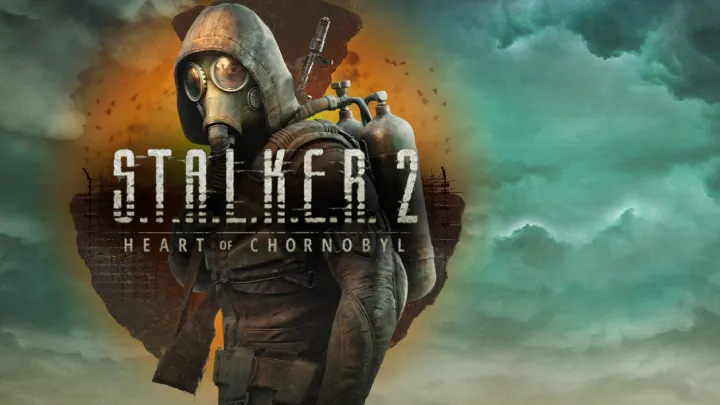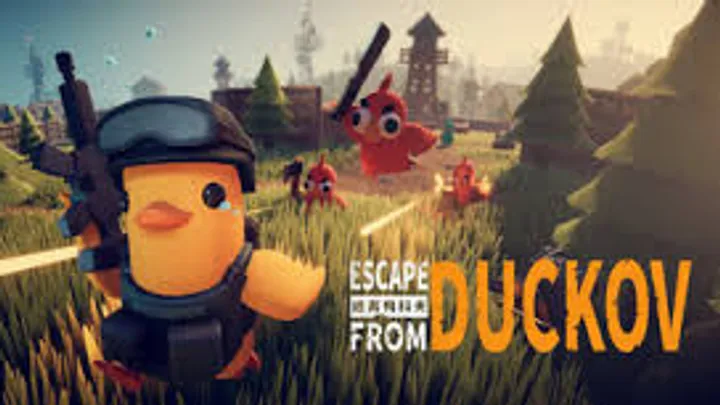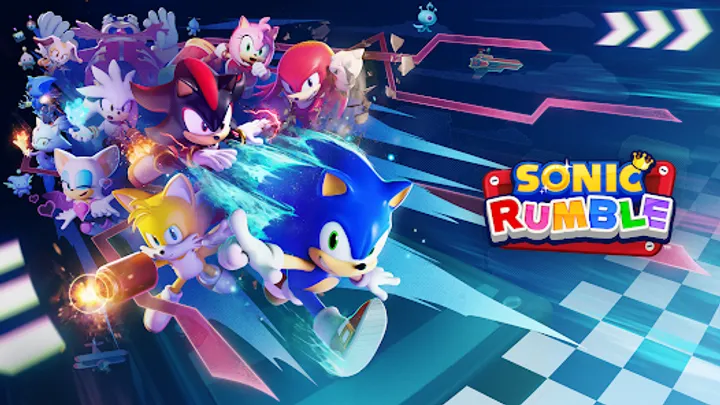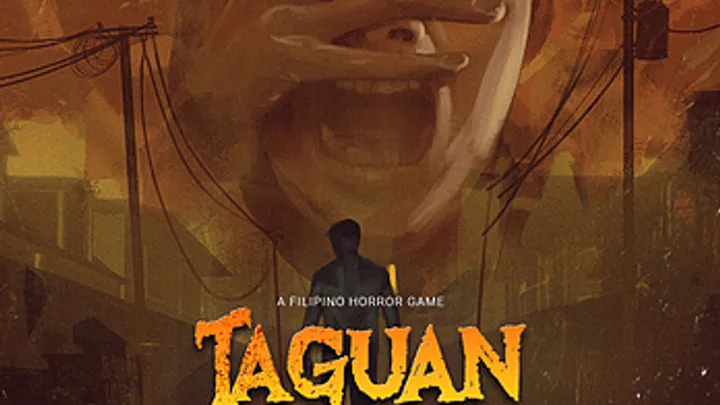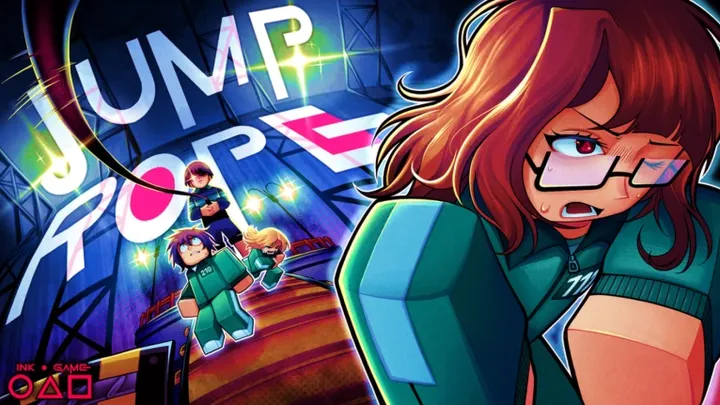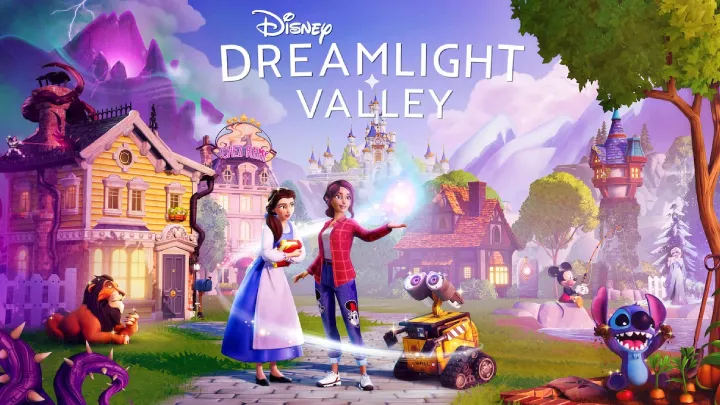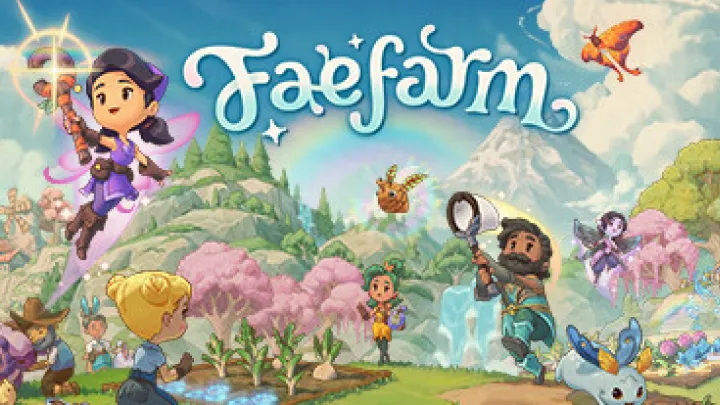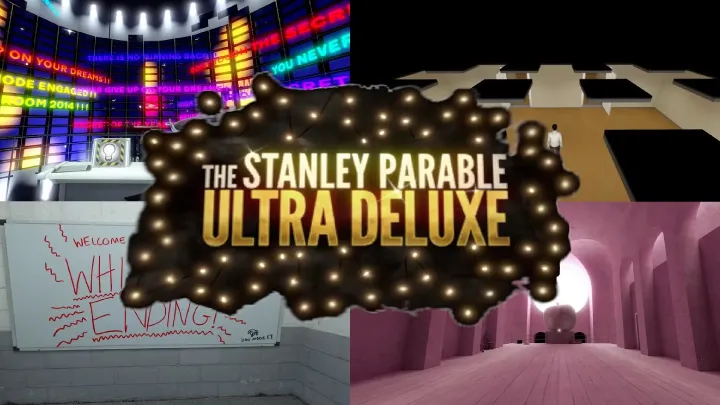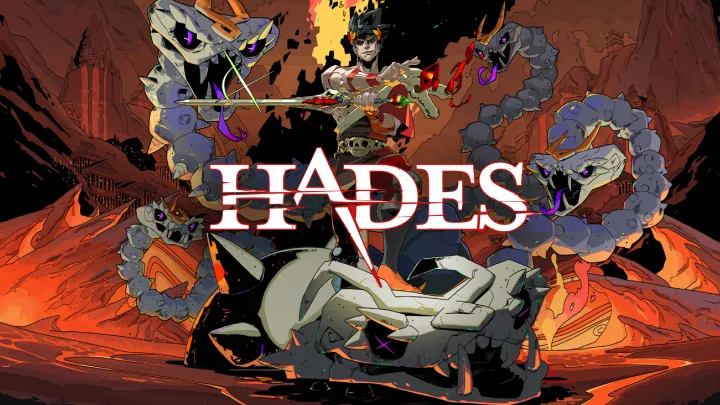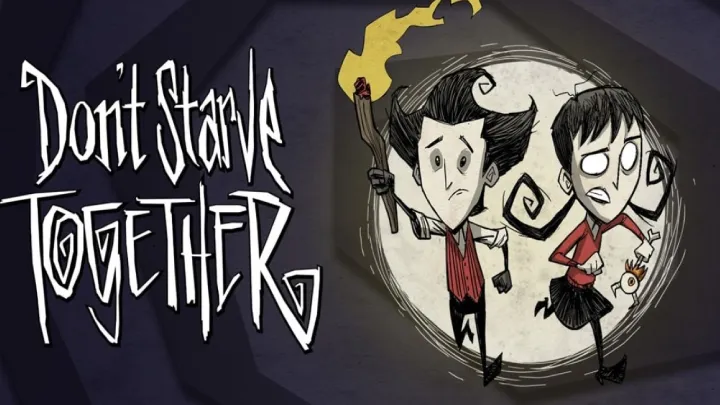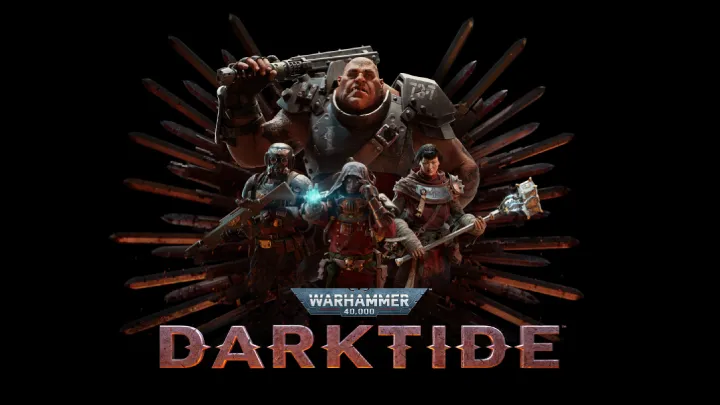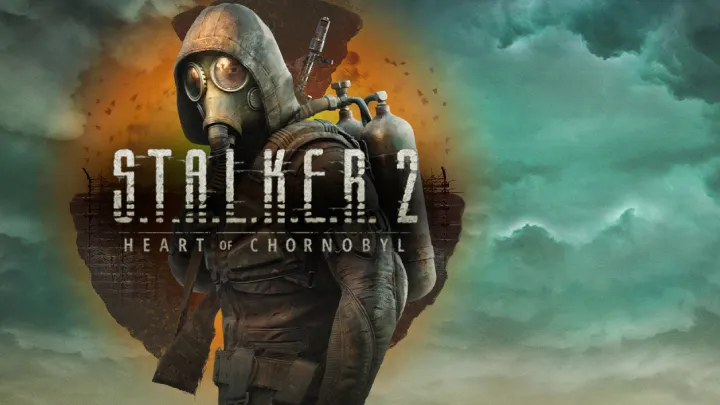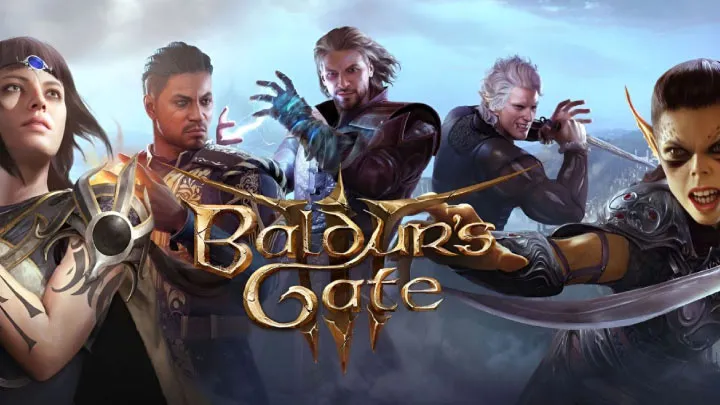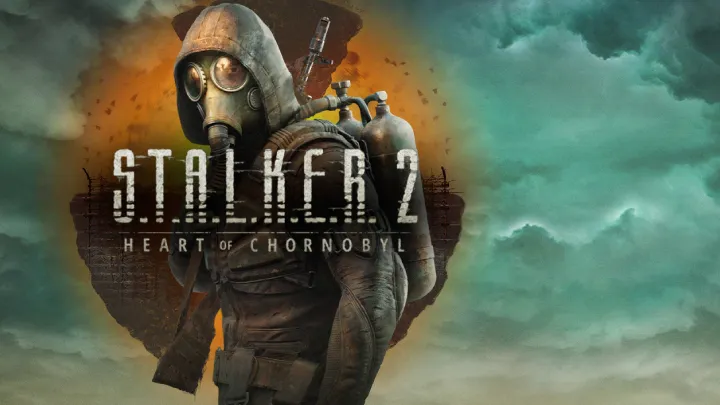
Introduction
S.T.A.L.K.E.R. 2: Heart of Chernobyl takes players back into the dangerous and haunting landscapes of the Chernobyl Exclusion Zone, a setting rich with history, horror, and exploration. Unlike many post-apocalyptic games that focus solely on action, S.T.A.L.K.E.R. 2 delves into the psychological and philosophical aspects of survival in a world ravaged by both human folly and supernatural phenomena. The game places a heavy emphasis on player choice and moral ambiguity, forcing players to confront ethical dilemmas that significantly impact the game’s narrative and their characters' fates. This article examines the complexities of survival, choice, and moral dilemmas in S.T.A.L.K.E.R. 2, exploring how these themes interact to create a deeply immersive gaming experience that challenges conventional notions of heroism and villainy.
Setting the Stage: The Chernobyl Exclusion Zone
A Return to a Dark History
The Chernobyl Exclusion Zone, once the site of one of the world’s worst nuclear disasters, serves as the backdrop for S.T.A.L.K.E.R. 2. This setting is deeply intertwined with the narrative, making it more than just an open world for exploration—it’s a character in its own right.
- Historical Context: The actual 1986 Chernobyl disaster is etched into history, with its legacy influencing the zones portrayed in the game. The remnants of human error, abandoned towns, and the encroachment of nature serve as constant reminders of tragedy and survival.
- Atmospheric Design: The atmospheric elements—decaying buildings, eerie landscapes, and artifacts of past life—play a crucial role in fostering a sense of dread and inevitability. The stark contrast between the haunting beauty of the environment and the horrors that lurk within it sets the tone for the player’s journey.
This immersive environment compels players to engage with the consequences of human actions, reflecting on the precarious balance between survival and ethical considerations.
The Environment as an Active Participant
S.T.A.L.K.E.R. 2 presents the Exclusion Zone almost as a sentient entity, where the environment actively influences gameplay and narrative decisions.
- Dynamic World Interactions: Players must contend not only with hostile creatures and rival scavengers but also with the environment itself. This includes radiation zones, mutated flora and fauna, and unpredictable weather patterns that can affect gameplay, creating a survival experience that feels immediate and consequential.
- Encounters with the Unknown: The game introduces supernatural elements tied to the Zone’s history, fostering constant tension as players are never quite sure what lies beyond the next corner. These encounters challenge players to decide when to engage and when to flee, often reflecting the unpredictability of survival in a hostile world.
This dynamic interaction reinforces the idea that survival is not just about physical endurance; it’s also about navigating the moral complexities presented by a world that is as dangerous as it is beautiful.
The Complex Nature of Survival
Survival Beyond the Physical
In S.T.A.L.K.E.R. 2, survival extends beyond the mere act of staying alive. Players must also navigate the psychological and ethical challenges that arise in a world devoid of societal norms.
- Resources and Scarcity: Players must constantly manage resources, scavenging for food, ammunition, and tools while balancing their health and psychological needs. This constant tension creates an atmosphere where every decision carries weight, demanding strategic thinking and adaptability.
- Mental State: The psychological effects of isolation and danger manifest in the characters’ mental states. Players must keep track of their character’s morale and sanity, adding an additional layer of complexity. The struggle to maintain emotional stability amid chaos highlights the profound psychological toll of surviving in such a bleak environment.
By emphasizing the multifaceted nature of survival, S.T.A.L.K.E.R. 2 compels players to think critically about what it means to survive not just physically but also mentally and emotionally.
Ethical Dilemmas: Morality in a Malignant World
As players immerse themselves in the game, they are frequently confronted with moral dilemmas that have significant consequences on their journey. The choices players make often blur the lines between right and wrong, forcing them to evaluate their ethical beliefs in ways that challenge expectations.
- Scavenging vs. Stealing: Players often face choices that pit survival against morality. For instance, should they loot supplies from abandoned homes, knowing full well that they might belong to those who once lived there? This question of ethical resource acquisition creates tension that adds depth to the gameplay experience.
- Altruism vs. Self-preservation: Players will encounter other characters in need, including fellow stalkers and innocent civilians. Choosing to help them may come at a significant cost, both in resources and safety. These interactions continually remind players that survival often comes with difficult trade-offs—helping someone may jeopardize your own chances of survival.
This theme of moral ambiguity challenges players to reflect on their values, emphasizing that choice is a central facet of the human experience, especially in crisis situations.
The Role of Characters in Moral Choices
Diverse Character Interactions
S.T.A.L.K.E.R. 2 presents a cast of diverse characters, each representing different facets of the human condition in a post-apocalyptic world. Their motivations and moral standings further enrich the theme of choice and consequence.
- Unique Backstories: Each character players encounter has their own history, desires, and ethical compass, contributing to the game's complexities. For example, a former soldier may showcase hardened pragmatism shaped by survival experiences, while a scavenger might have a more morally flexible viewpoint shaped by necessity.
- Complex Relationships: Characters may ally with or oppose Geralt, depending on the choices players make. The relationships formed (or destroyed) based on these interactions contribute to an ever-evolving narrative, encouraging players to carefully consider their decisions.
Through these character dynamics, S.T.A.L.K.E.R. 2 reinforces the importance of human connections and the weight of choices that affect both individual lives and broader narratives.
Agency and Accountability
As players engage with different characters, they are continually reminded of their agency in shaping the world around them. Each choice comes with its own set of repercussions, emphasizing the interconnectedness of actions and consequences.
- Influencing Character Fates: Players’ choices can lead to various outcomes for characters, affecting their survival, relationships, or development. The game is designed to showcase positive and negative consequences regarding allegiances, making players accountable for their decisions.
- Long-term Effects: The game showcases how choices made early on can snowball into significant consequences later in the narrative. This creates a sense of continuity, emphasizing that players must remain vigilant regarding the impact of their actions throughout the story.
This focus on agency creates a compelling loop of decision-making that reinforces the importance of moral responsibility in a world where survival hinges on choices.
Themes of Isolation and Community
The Lonely Path of the Stalker
Isolation is a recurring theme in S.T.A.L.K.E.R. 2, echoing Geralt’s struggles as he navigates the desolate landscapes of Chernobyl. This sense of aloneness serves as a catalyst for players’ experiences and moral choices.
- Emotional Isolation: The game conveys the profound emotional toll of isolation on characters. Geralt often finds himself alone, grappling with the remnants of his past and the overwhelming emptiness of a world devoid of societal structure.
- Existential Reflection: Players are encouraged to reflect on their own feelings of isolation, prompting considerations of how it impacts interpersonal relationships and emotional well-being. The atmosphere becomes a character in itself, amplifying the sense of solitude that permeates every engagement.
By embedding the theme of isolation within gameplay, S.T.A.L.K.E.R. 2 heightens the stakes of survival, creating a world that profoundly influences players’ emotional journeys.
Community Dynamics: The Hope for Togetherness
While the game emphasizes isolation, it also introduces communities of survivors who offer opportunities for connection, showing that even in dire circumstances, relationships can emerge.
- The Importance of Communities: Various factions and groups populate the Exclusion Zone, showcasing the human capacity for organization and collaboration in the face of adversity. Players may ally with different factions, influencing the narrative and their standing within the world.
- Mutual Dependence: The game posits that survival often depends on cooperation; even solitary characters need others to thrive. This interdependence highlights the theme that, despite the horrors of the world, humans still long for connection and community.
This multifaceted exploration of isolation versus community creates emotional tension, prompting players to weigh their choices against the background of human connection and the desire for companionship.
The Impact of Technology and Mutation
The Role of Advanced Technology
In the world of S.T.A.L.K.E.R. 2, technology plays a significant role in shaping the realities of survival, often blurring the lines between human advancement and ethical considerations.
- Advanced Weaponry and Tools: Players can utilize advanced technology to navigate the dangers of the Exclusion Zone. However, the availability of powerful weaponry introduces ethical dilemmas surrounding its use—at what point does survival turn into moral compromise?
- Dependence on Technology: As characters rely more on technology to survive, questions surrounding the ethical limits of human ingenuity arise. The game prods players to consider how technological advancements can both empower and endanger humanity.
This engagement with technology and its related dilemmas promotes critical thinking, encouraging players to reflect on the implications of their choices in a rapidly changing world.
Mutation and Its Consequences
The effects of mutation—and the monsters that inhabit the Exclusion Zone—serve as a metaphor for transformation in the face of adversity. This theme emphasizes the repercussions of unchecked ambition and human folly.
- Monsters as Reflections of Humanity: The various mutated creatures are not merely obstacles to overcome but representations of humanity’s greatest fears and failures. Their designs and behavior evoke thoughts of loss and tragedy, pushing players to confront the uncomfortable realities of the human condition.
- Ethical Reflections: As players encounter various mutated beings, they must decide whether to engage, avoid, or seek to understand them. This engagement fosters a sense of introspection about the nature of humanity and the consequences of actions that lead to suffering or transformation.
By positioning mutation and monstrosity as central aspects of the narrative, S.T.A.L.K.E.R. 2 compels players to consider both personal and societal implications of change and survival.
The Legacy of Choice and Consequence
Long-term Impact on Narrative and Gameplay
The choices players make in S.T.A.L.K.E.R. 2 leave an impression that resonates throughout the game and beyond it, influencing narrative arcs and individual character fates.
- Consequences Reflecting Realism: The game's design reinforces that all choices have consequences. Players face the emotional weight of their decisions, ensuring that the narrative remains grounded in the realism of moral ambiguity. This complexity invites players to critically examine what defines truth and ethics in their world.
- Anticipation of Consequences: Players are often left contemplating their choices, understanding that every decision leads to a different path. This weight of anticipation creates a gripping tension that elevates engagement with the game, making it feel alive and dynamic.
By establishing a legacy centered on choice and consequence, S.T.A.L.K.E.R. 2 becomes an exploration of humanity’s complexities and moral dilemmas that resonate across time and space.
Community Dialogue and Future Interpretations
The impact of S.T.A.L.K.E.R. 2 goes beyond its immediate narrative; it opens the door for ongoing discussion and interpretation among players and developers alike.
- Cultivating Discussion: The existential themes and moral questions raised prompt discussions within the gaming community, fostering dialogue that extends beyond gameplay. Players often reflect on their experiences, sharing interpretations of the heavy themes present in the game.
- Influencing Future Titles: By setting a precedent for how choice and consequence can be integrated into narratives, S.T.A.L.K.E.R. 2 reinforces the idea that moral complexity should be at the forefront of storytelling in games. Future titles may take inspiration from its approach, further evolving the landscape of interactive narratives.
This legacy of dialogue and reflection enriches the broader conversation about the role of video games in portraying complex themes, creating a cycle of exploration and reflection that is continuous.
Conclusion: The Journey Through Choices and Consequences
S.T.A.L.K.E.R. 2: Heart of Chernobyl stands as a powerful exploration of the themes of choice, consequence, and survival in a world defined by loss and uncertainty. Through its immersive environments, complex characters, and moral dilemmas, the game challenges players to confront their values and ethical beliefs. The interplay between isolation and community, the influence of technology and mutation, as well as the personal journeys of characters create a rich tapestry that highlights the depth of human experience.
The game's design encourages exploration not only of the physical world but also of the emotional and moral landscapes that define what it means to be human. By emphasizing the weight of choice and the repercussions that flow from every decision, S.T.A.L.K.E.R. 2 engages players in a dialogue about their moral compasses and the complexities of survival in a fractured world. Ultimately, the journey through the Exclusion Zone becomes a poignant exploration of humanity, underscored by the belief that even in the face of despair, hope and connection can endure.